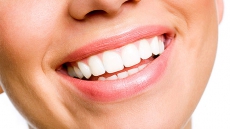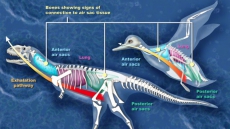In a first, researchers have identified six new genetic variants associated with habitual coffee drinking, suggesting why some people love to have coffee while others hate to sip it.
The genome-wide large study, led by the Harvard School of Public Health and Brigham and Women's Hospital, helps explain why a given amount of coffee or caffeine has varied effects on different people.
"Our findings identifies sub-groups of people most likely to benefit from increasing or decreasing coffee consumption for optimal health," said Marilyn Cornelis, research associate in department of nutrition at Harvard School of Public Health.
To reach this conclusion, researchers, part of the Coffee and Caffeine Genetics Consortium, conducted a genome-wide meta-analysis of more than 120,000 regular coffee drinkers of European and African-American ancestry.
They identified six variants that mapped to genes in areas involved in caffeine metabolism, influencing the rewarding effects of caffeine and involved in glucose and lipid metabolism.
"The findings suggest that people naturally modulate their coffee intake to experience the optimal effects exerted by caffeine and that the strongest genetic factors linked to increased coffee intake likely work by directly increasing caffeine metabolism," Cornelis explained.
Genetics have long been suspected of contributing to individual differences in response to coffee and caffeine.
"Like previous genetic analyses of smoking and alcohol consumption, this research serves as an example of how genetics can influence some types of habitual behaviour," added Daniel Chasman, associate professor at the Brigham and Women's Hospital.
The study appeared online in the journal Molecular Psychiatry.





